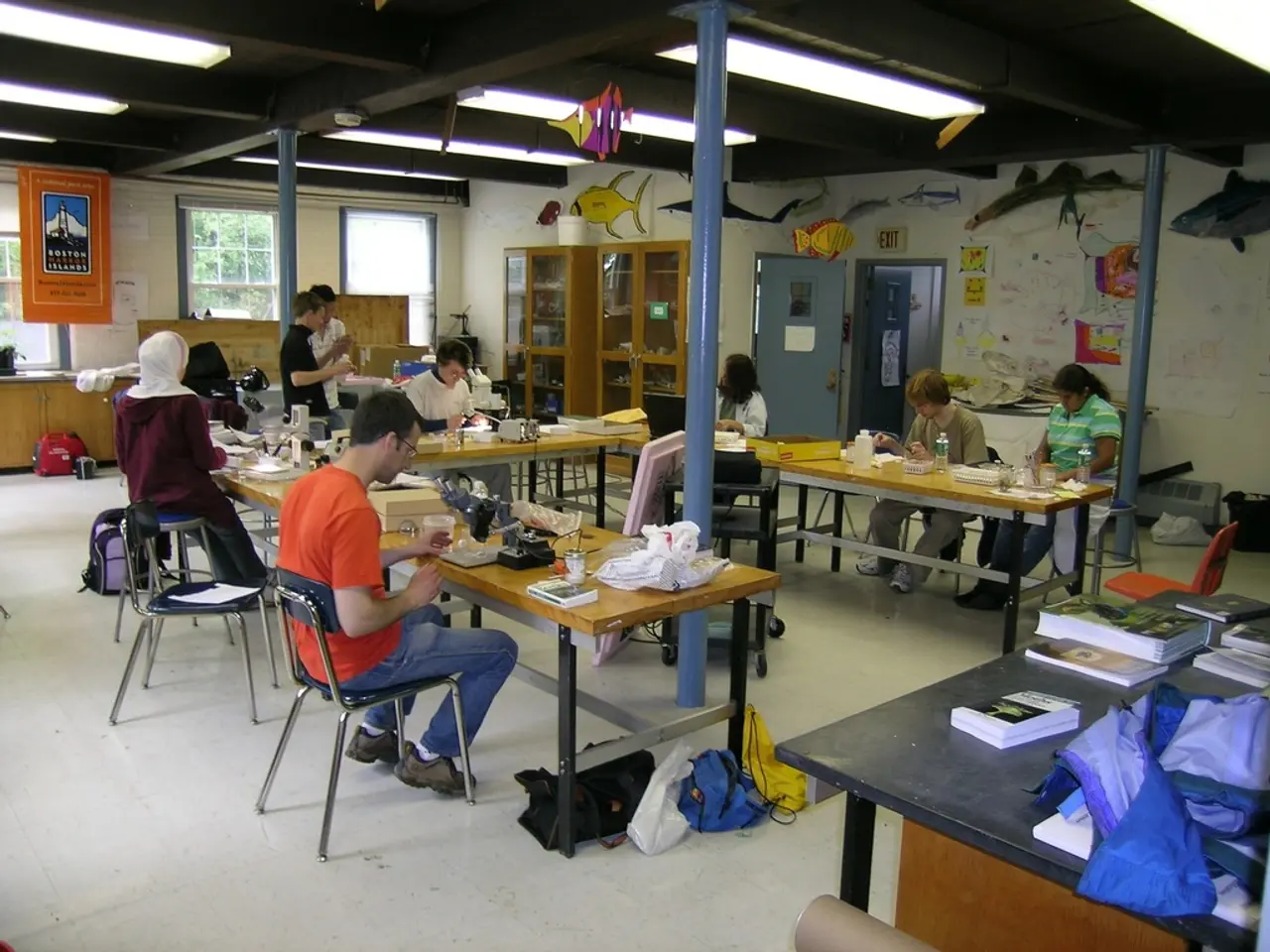Navigating College Success: Adapting to University-Level Studies
Embarking on a college education opens up a world of diverse coursework, challenging students to adapt and expand their intellectual horizons. This eclectic educational experience equips learners with critical thinking and analytical skills that are valuable in both academic and professional settings.
Preparing for exams and assessments requires a strategic approach. Understanding the format and expectations of each assessment, creating a comprehensive study schedule, and forming study groups are all essential components. Students should engage in focused, deep work sessions, choose quiet, distraction-free locations for studying, and set specific, achievable goals for each study session.
The transition from high school to college academics involves a shift from structured learning to greater independence, self-management, and critical analysis. College academics encourage critical thinking, deep engagement with subjects, and a sense of autonomy. Tutoring services and writing centers offer personalised help in various subjects, enabling students to clarify concepts and bolster their understanding.
Engaging in class discussions allows students to express their thoughts and insights, fostering a collaborative learning environment where diverse perspectives enhance critical thinking. Incorporating self-care practices into daily life, such as physical activities, adequate rest, and hobbies, promotes mental well-being and resilience.
Building relationships with professors is vital when adjusting to college academics. Students should utilise office hours, participate actively in class discussions, and engage proactively with their instructors. Active participation can positively impact a student's relationship with the instructor, potentially leading to networking opportunities or mentorship.
Effective organization of coursework and assignments is vital for college success. Students should use planners or digital tools to maintain an organised calendar, implement a priority system, and keep track of class materials using physical and digital folders. Setting boundaries with time is crucial for maintaining a healthy balance between academics and personal life.
Office hours offer personalised support outside of classroom instruction, enabling students to seek clarification on course material, discuss assignments, and address academic concerns directly with their instructors. Campus resources such as tutoring services, writing centres, and study groups offer targeted academic support to help students navigate the complexities of college academics.
Utilising campus resources for academic support can enhance learning, gain confidence, and contribute to academic success. Study groups foster collaborative learning environments, reinforcing material, developing teamwork, and communication skills. Mastering lecture and note-taking skills is fundamental for effective learning in college. Students should employ the Cornell note-taking system, review and revise notes shortly after classes, and integrate visual aids such as diagrams or charts.
Implementing these strategies can transform the college experience from overwhelming to empowering by promoting academic excellence, personal growth, and well-being.
In the realm of education-and-self-development, e-learning platforms can supplement traditional college education, offering flexible and self-paced learning opportunities for academic enhancements.
Effective learning isn't limited to the classroom; self-directed, online learning can also bolster critical thinking and analytical skills, promoting lifelong learning and personal growth.




